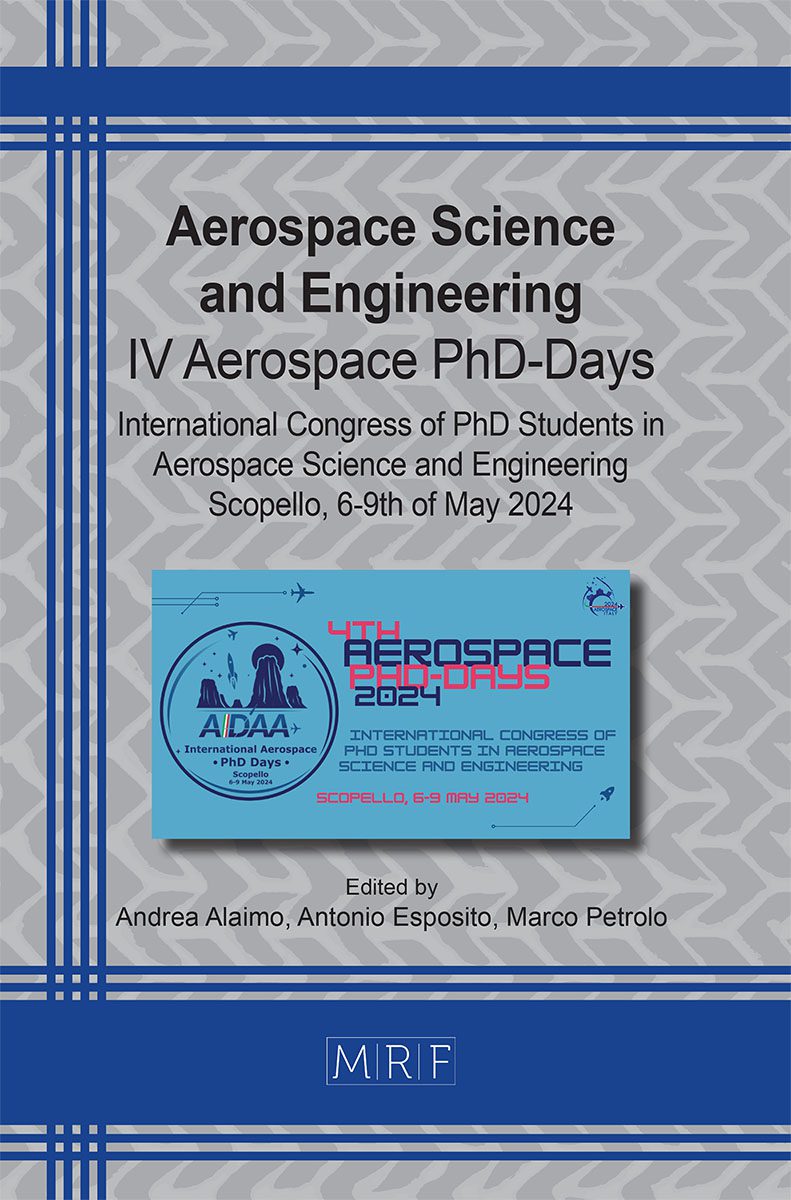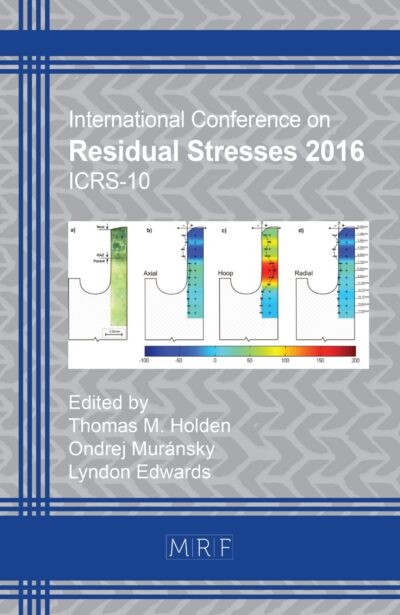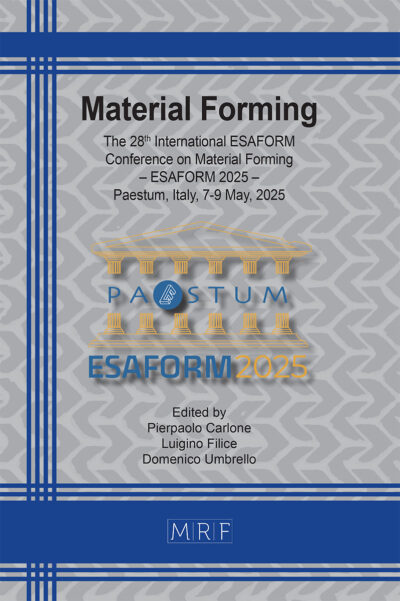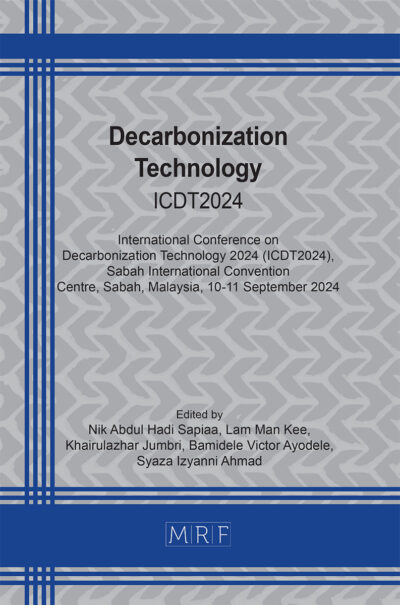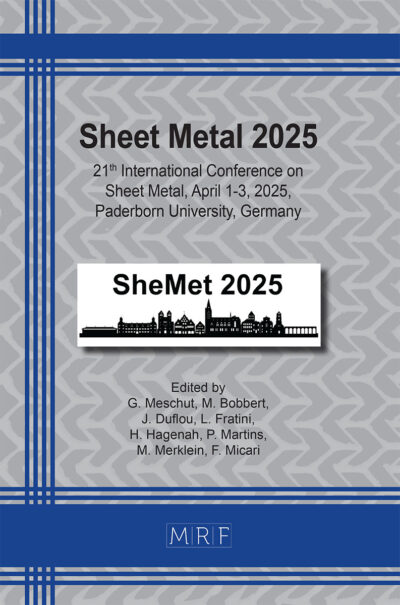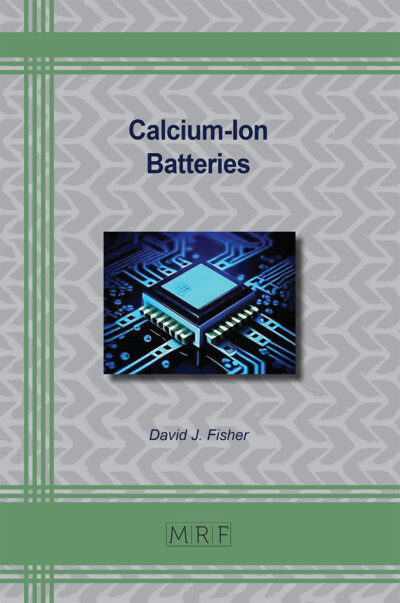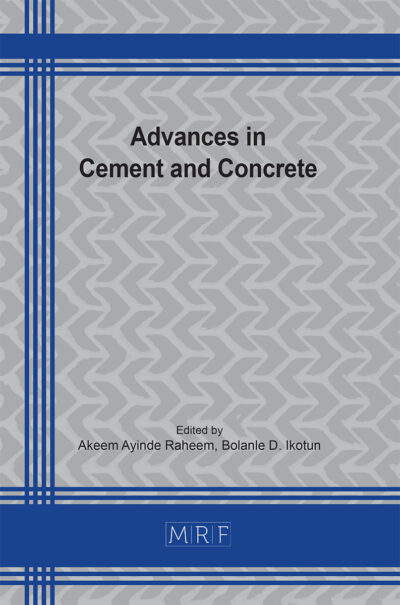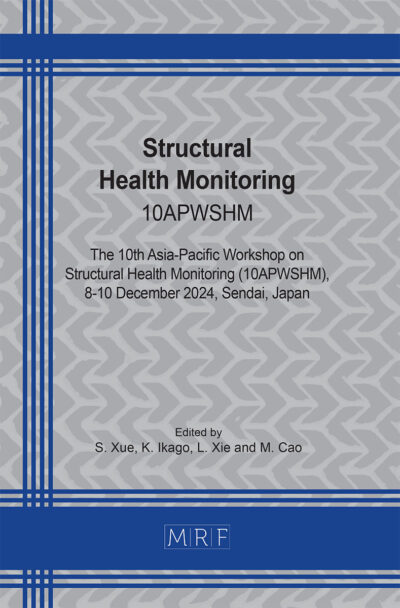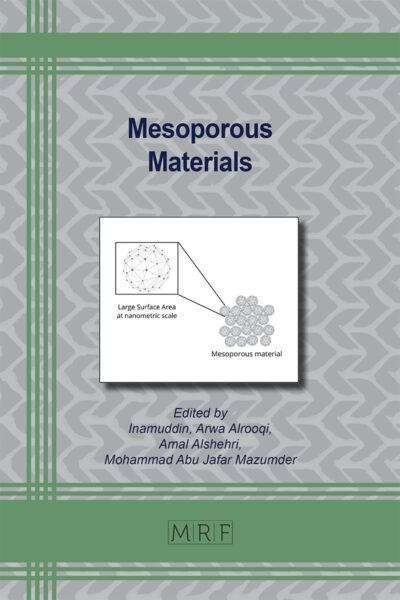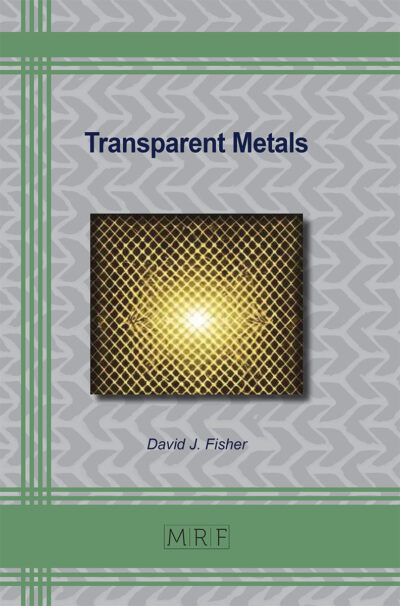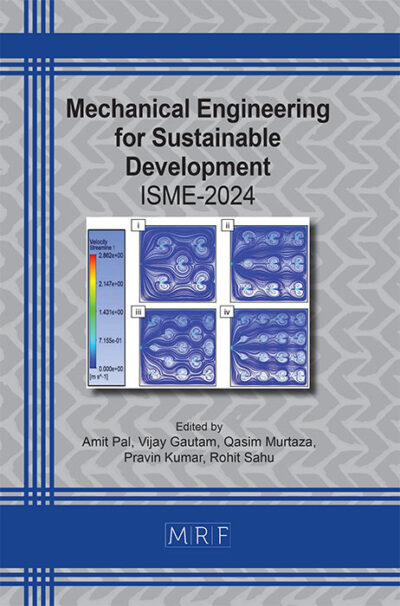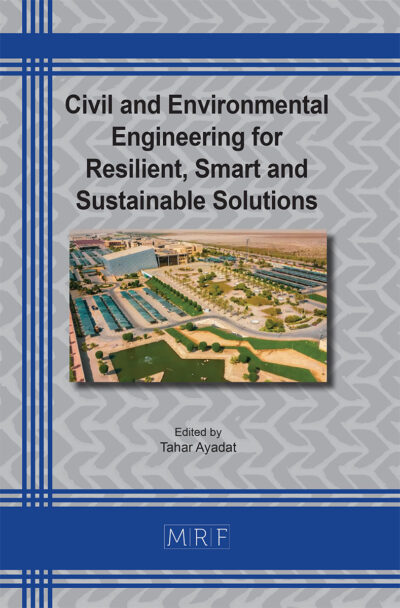–
Coupling VLM and DG methods for the aeroelastic analysis of composite wings
Dario Campagna, Alberto Milazzo, Ivano Benedetti, Vincenzo Gulizzi
download PDFAbstract. In this work, a novel computational tool is introduced for rapid aeroelastic analysis of composite wings, integrating an aerodynamic Vortex Lattice Method with a structural Interior Penalty Discontinuous Galerkin method. After the mathematical description of the aeroelastic model, some results for a composite wing are presented to investigate the influence of varying lamination angles on the wing displacement, twist, and divergence speed. Validation against commercial software confirms the effectiveness of the approach.
Keywords
Vortex Lattice Method, Discontinuous Galerkin Method, Divergence Speed, Aeroelasticity, Composite Wing
Published online 6/1/2024, 4 pages
Copyright © 2024 by the author(s)
Published under license by Materials Research Forum LLC., Millersville PA, USA
Citation: Dario Campagna, Alberto Milazzo, Ivano Benedetti, Vincenzo Gulizzi, Coupling VLM and DG methods for the aeroelastic analysis of composite wings, Materials Research Proceedings, Vol. 42, pp 80-83, 2024
DOI: https://doi.org/10.21741/9781644903193-18
The article was published as article 18 of the book Aerospace Science and Engineering
![]() Content from this work may be used under the terms of the Creative Commons Attribution 3.0 license. Any further distribution of this work must maintain attribution to the author(s) and the title of the work, journal citation and DOI.
Content from this work may be used under the terms of the Creative Commons Attribution 3.0 license. Any further distribution of this work must maintain attribution to the author(s) and the title of the work, journal citation and DOI.
References
[1] M. Grifò, V. Gulizzi, A. Milazzo, A. Da Ronch and I. Benedetti, High-fidelity aeroelastic transonic analysis using higher-order structural models. Composite Structures, 321:117315, 2023. https://doi.org/10.1016/j.compstruct.2023.117315
[2] M. Grifò, A. Da Ronch and I. Benedetti. A computational aeroelastic framework based on high-order structural models and high-fidelity aerodynamics. Aerospace Science and Technology, 132:108069, 2023. https://doi.org/10.1016/j.ast.2022.108069
[3] V. Gulizzi, I. Benedetti and A. Milazzo, High-order accurate beam models based on discontinuous Galerkin methods, Aerotecnica Missili & Spazio, 102(4):293-308, 2023. https://doi.org/10.1007/s42496-023-00168-3
[4] V. Gulizzi and I. Benedetti, Computational aeroelastic analysis of wings based on the structural discontinuous Galerkin and aerodynamic vortex lattice methods. Aerospace Science and Technology, 144:108808, 2024. https://doi.org/10.1016/j.ast.2023.108808
[5] J. Katz and A. Plotkin, Low-speed aerodynamics, (13). Cambridge university press, 2001. https://doi.org/10.1017/CBO9780511810329
[6] E. Carrera, M. Cinefra, M. Petrolo, E. Zappino, Finite element analysis of structures through unified formulation. John Wiley & Sons, 2014. https://doi.org/10.1002/9781118536643
[7] L. Demasi, Y. Ashenafi, R. Cavallaro, E. Santarpia, Generalized unified formulation shell element for functionally graded variable-stiffness composite laminates and aeroelastic applications. Composite Structures, 131:501–515, 2015. https://doi.org/10.1016/j.compstruct.2015.05.022

